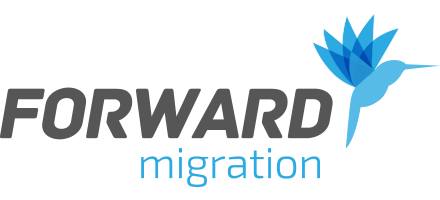Get More Info
News
Helpful Tips
Frequently Asked Questions
The Australian migration process is an ever evolving platform. However, it is not essential to use the professional services of a Registered Migration Agent (RMA) to obtain your Australian visa. Whether you require the services of an RMA will depend entirely on your ability to submit a successful application. In Australia, only RMAs can legally provide immigration assistance and are listed on the Register of Migration Agents held by the Office of the Migration Agents Registration Authority.
A ‘certified copy’ is a copy of an original document such as a birth certificate, marriage certificate or proof of identity that has been authorised (or stamped) as being a true copy of an original by a person authorised to do so. It is usual for documents to be certified by a person who is authorised as a witness for statutory declarations. Registered Migration Agents can certify documents for immigration purposes and for most skills assessing authorities.
A certifier should not certify a document in a language other than English unless they can be sure that the original and the copy are identical. A solution to this is to have the original photocopied in the presence of the certifier.
You should provide ‘certified copies’ of original documents, rather than the original documents.
Any document in a language other than English must be accompanied by a certified English translation.
A translator in Australia must be accredited by the National Accreditation Authority for Translators and Interpreters.
A translator outside Australia does not need to be accredited, but they must endorse the translation with their full name, address, telephone number, and details of their qualifications and experience in the language being translated.
The National Accreditation Authority for Translators and Interpreters has more information.
A statutory declaration is a written statement that allows a person to declare something to be true. When you make a statutory declaration, you are declaring that the statements in it are true. If you intentionally make a false statement in a declaration, you can be charged with an offence.
A Commonwealth statutory declaration must be signed in the presence of an authorised witness. An authorised witness can be someone such as a doctor, teacher, pharmacist, bank officer or a vet. All departmental offices outside Australia have a person who can witness statutory declarations.
You can find more information about statutory declarations and download the form at the Attorney-General’s Department website.
An immediate family member is your:
- spouse or de facto partner
- dependent child or stepchild younger than 18 years of age
- parent or step-parent if you are younger than 18
ANZSCO is a classification system that provides for the standardised collection, analysis, and dissemination of occupation data. The classification definitions are based on the skill level and specialisation usually necessary to perform the tasks of the specific occupation, or of most occupations in the group.
It depends on the work you want to do and the visa you apply for.
If you have skills or qualifications that Australia needs, you can be sponsored by an employer or invited to apply for a skilled visa by the Australian Government.
You might be able to work in Australia if you are a business person who wants to:
- make short business visits
- establish or manage a new or existing business
- invest in Australia
You can also apply for a visa if you want to participate in a specific professional, cultural or social activity in Australia.
- You need to be granted and hold an Australian visa to travel to, enter and/or remain in Australia, unless you are an Australian citizen.
- Keep a copy of your visa grant notification letter. This letter contains your visa grant number and other important information about your visa.
- You can provide evidence of your visa by showing your passport that is linked to your electronic visa record.
- You can use Visa Entitlement Verification Online (VEVO) and the myVEVO mobile app for free to check your visa details and conditions.
- If you are issued with a new passport since your visa was granted, you must notify the Department of Immigration and Border Protection of your new passport details so your new passport can be linked to your electronic visa record. Failure to do so may cause delays during your travel and issues when checking your visa details online.
- Employers, schools, banks and other organisations may be able to check your visa conditions online with your consent using VEVO. The Department of Immigration and Border Protection may also share your visa information with some Australian Government agencies.
There are two ways to apply for a police clearance in Australia:
- you can apply online using the National Police Check Online Application Form
- you can download the application form so you can fill it out on your computer or you can print it out and complete it by hand and submit via post. Emailed applications are not accepted.
If you use the online form:
- under Section B: Purpose of check, you must select:
- Purpose Type: Commonwealth purpose / Employment
- Purpose of Check: Immigration/Citizenship
If you download or print the form:
- under Section 8: Purpose of check:
- mark the checkbox next to question number 33 – Immigration/Citizenship.
More information on how to complete the National Police Check application form is available from the Australian Federal Police website.
You will not be asked to have your fingerprints taken when you apply for a police clearance in Australia.



